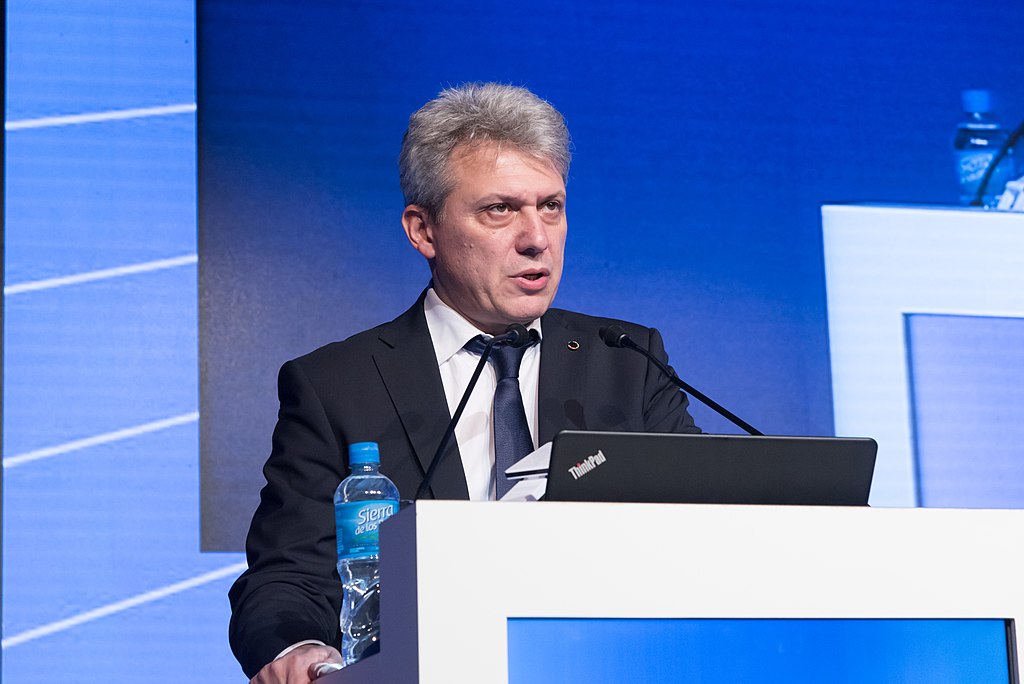The timing could hardly be worse for Rashid Ismailov to run for the highest ITU position: aside from the fact that he has previously worked for a company banned from several countries in recent years, he is also dealing with the global backlash caused by Russia’s invasion of Ukraine in 2022.
It also does not help that Ismailov was appointed Deputy Minister of Communications and Mass Media in his homeland in 2013 by President Vladimir Putin – known for media censorship.
On the other hand, he has built a career within Russia and worked for Ericsson, JSC, Nokia, Huawei, and VimpelCom, where he is president. He knows the industry and he is clearly also an expert political operator.
Ismailov’s biggest challenge in the ITU election might indeed be geopolitical. Last May, the Committee on Energy and Commerce of the US Congress sent President Joe Biden a letter opposing the Russian candidacy in strong terms.
“[Ismailov’s] Former participation in the Putin regime is alarming. Russia’s disregard for international law as evidenced by its unprovoked invasion of Ukraine and the country’s continued support of cyber criminals, should make it clear to all ITU Member States that Russia’s preferred candidate is unworthy of a position demanding international cooperation and consensus-building,” the letter stated.
Changing Directions
Geopolitical questions aside, Rashid Ismailov will be one of the two candidates for Secretary-General in the upcoming election. His platform revolves around making ICT “more human-centric” instead of focusing on “technology in and of itself.” Many of his ideas involve regulations, even if in a generic way.
According to the brochure with his proposals and visions for ITU, the executive said that “ITU should promote investment in the deployment of IMT2020/5G and other advanced technologies and do its best to create a level playing field for all players.”
He also proposed an “emphasis on regulating functions rather than technologies and industries.” The employment of open standards to demonopolize the ICT sector is another priority.
Part of making the internet more “human-centric,” according to Ismailov, is bridging the digital gap by “strengthening the role of the ITU in the management of the radio-frequency spectrum and satellite orbits, as well as in the development of the globally harmonized regulations and standards.”
He also plans to establish unified international rules for drone operation and AI on autonomous physical and virtual systems. Security should also play a role in his tenure if elected, more specifically in a push to increase the use of anonymized data.
Partnerships and Internal Structure
According to Ismailov’s propositions, ITU’s internal efforts should focus, among others, on providing conditions for young people to “help them develop and improve skills within ITU.”
At the same time, however, he promises to advocate for a “Council of Elders” that would work under the authority of the Secretary-General. Who the “elders” are, how the supervision by the Secretary-General would work, and what decisions the group would be entitled to are not clear.
Another idea is expanding partnerships between ITU state members and other entities, like private companies and telcos. “Our concern should be with the quality and safety of human life, efficiency of work practices, and ensuring development. Moreover, these goals must be achieved notwithstanding any turbulence caused by technical progress,” he finished.
Featured picture by ITU







